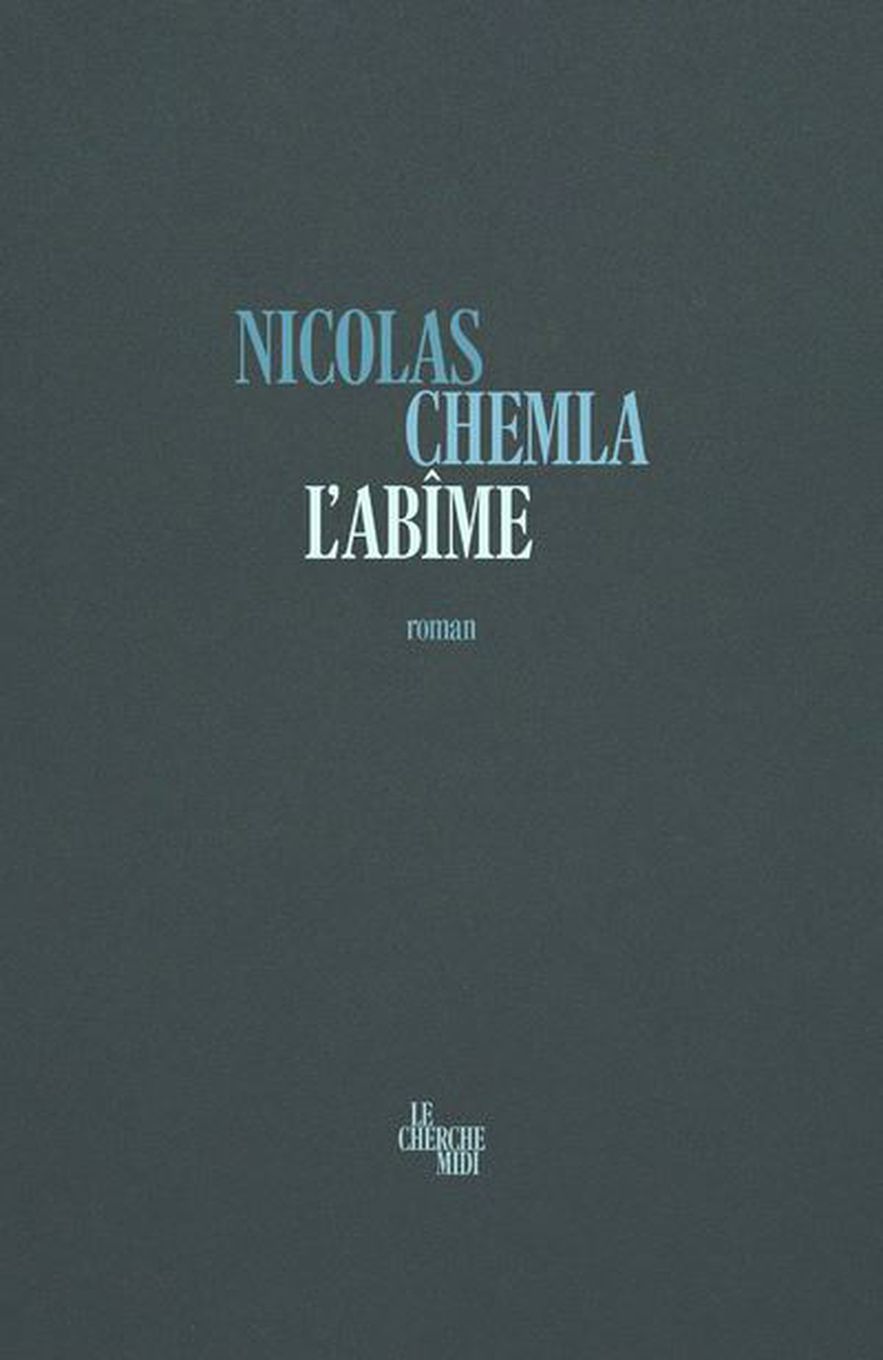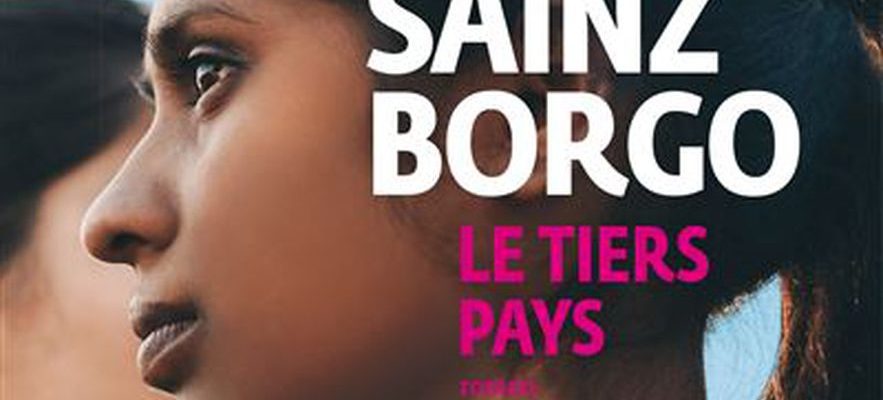The Third Country
By Karina Sainz Borgo, trans. from Spanish (Venezuela) by Stéphanie Decante.
Gallimard, 304 p., €23.
L’Express rating: 4/5
The Third Country By Karina Sainz Borgo, trans. from Spanish (Venezuela) by Stéphanie Decante.
© / Gallimard
A country where “death was mowing down people at the rate of a plague epidemic”, a former oil-producing El Dorado which had become, during the Chavez years, a country with galloping inflation, staggering food shortages, and devastating militias, fled by 1 in 6 inhabitants… With The Spaniard’s Daughter, a chilling x-ray of a Venezuela in total decay, journalist Karina Sainz Borgo made a sensational entrance onto the international literary scene in 2019. Distinguished by Time Magazine, translated into thirty languages, sold more than 550,000 copies, the relentless first novel by the native of Caracas, a refugee in Madrid for seventeen years, implied also that hell perverts everything, even the most honest: “Act like looters or keep quiet, jump on our neighbor’s necks or look away.”
In order not to fall into cynicism and forget compassion, Karina Sainz Borgo therefore left (like 7 million of her fellow citizens), and remained silent for a long time, haunted by a confused feeling of desertion, before daring to testify about her country through literature. Once you have taken the first step, you no longer have to put your pen down. From the spring of 2019, Karina got back to work, as evidenced by this superb second novel, The Third Countryan imaginary place between two Sierras, the Eastern and the Western, where death and violence roam, a metaphor for all the borders of the world against which peoples in distress come up against.
“While I was spending a few days in Colombia, on the border with Venezuela,” Karina tells us during her visit to Paris, “I met Sonia in a very poor cemetery, an extraordinary person. In her sixties, very beautiful, black with big eyes, laughing all the time, she was driving around in her pick-up with all her equipment to embalm people. She said, ‘I bury people but I love being alive’. A real Antigone! I held my Visitation.” Visitacion is this “outlaw” woman from the Third Countries, in fight against all the local potentates, who strive to offer a decent burial to the poor wretches decimated by hunger, the paramilitary commandos, the guerrillas, the drug traffickers… Thus the twin babies of Angustias and Salveiro, who do not will not have survived the long, tiring march undertaken from the capital to escape a devastating epidemic. Soon Visitacion takes Angustias under his wing, while Salveiro disappears.
This is how the world is in Karina’s country: courageous and supportive women, cowardly or lawless men, like Abundio, who appropriates property with complete impunity. Author’s comment: “Where I was born, I saw a lot of Abundio – syncretism here of dictatorship -, who only think about money and power, and a number of cowards and ‘collaborators ‘, like Aurelio, the mayor in my novel. We don’t ask them to be heroes, but just to be a little civilized and treat people like human beings… This is what women generally do, more trained to stick together and fight, especially machismo.”
At 41, the blonde Karina Sainz Borgo says she knows she will never return to Venezuela – the extension of her passport has been refused on several occasions – but says she does not feel Spanish. So, she takes refuge in literature, the only world in which she feels good. “Not having an identity gives a feeling of freedom,” she says, with a smile on her face. We want to believe her, who allows herself everything, the most exciting fables, the most tragic allegories, in a tasty and elegant language. Marianne Payot
The Abyss
By Nicolas Chemla
Le Cherche Midi, 295 p., €21.
L’Express rating: 3/5

The Abyss By Nicolas Chemla
© / Le Cherche Midi
Nicolas Chemla does not do the same job as Aurélie Valognes and Raphaëlle Giordano. Where others disguise their novels as personal development manuals to comfort their readers, he seeks to bewitch his own. In his previous book, Murnau of DarknessChemla returned to the set of Taboo, cursed film. And with the new, The Abyssthere is still talk of spells and descent into hell.
The Abyss presents itself as the diary of a madman, The Horla by Maupassant. The narrator is a bohemian American a little lost in Paris, who reminds us of Henry Miller, with the difference that he is homosexual – a significant detail, as theunderground gay yesterday and today is a major theme of this novel which evokes Guillaume Dustan and Erik Rémès. Cloistered in his apartment, our American, a willingly reactionary forty-something, is not just intoxicated on dating apps. Fascinated by the web The Melencolia of Dürer, he believes like Baudelaire that the devil’s greatest trick is to make people believe that he no longer exists. So he goes to meet him, becomes passionate about the history of occultism and spiritualism, looks for the remaining traces of them in contemporary Paris… At one point, this unusual narrator makes fun of the “little voice” so much prized by current literature, “as if we should only write nursery rhymes”. He sometimes launches into four-page sentences. The result is a dark but heady, fascinating book that turns tables and heads. Louis-Henri de La Rochefoucauld
